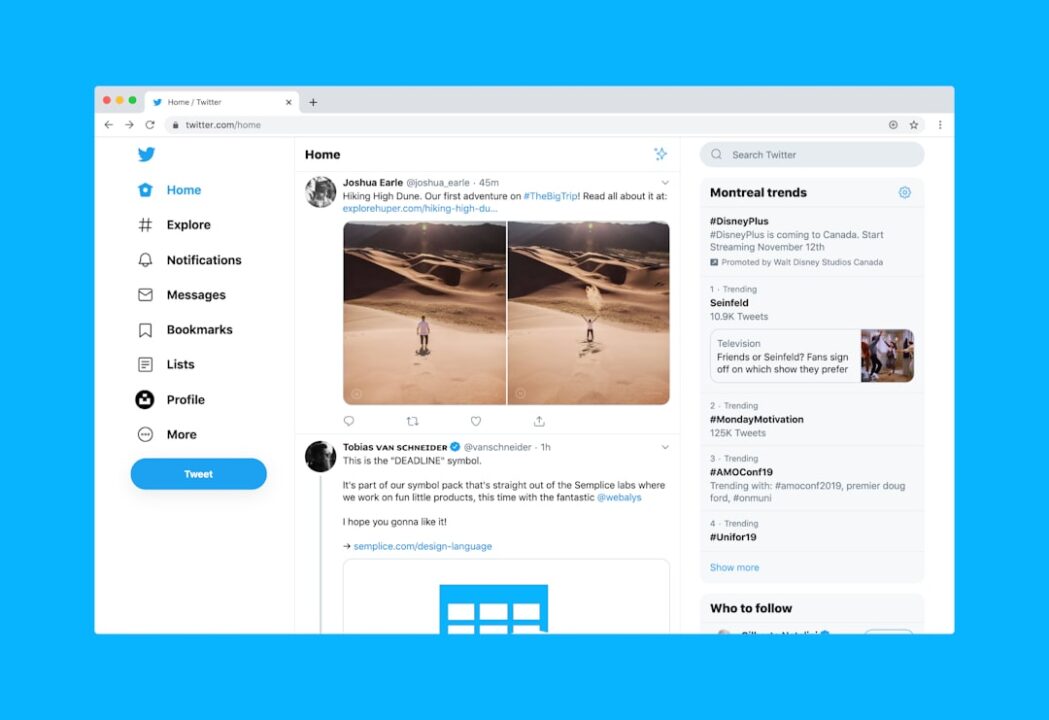|
IN BRIEF
|
Becoming the best student does not require extraordinary abilities, but rather a methodical approach and well-established habits. Every student has the potential to excel, provided they put the right strategies in place. In this article, we’ll explore five simple steps that will help you maximize your academic performance. Whether you’re looking for better grades, better organization, or more effective time management, these practical tips will help you achieve your academic goals with confidence and determination.
Becoming a great student takes discipline, organization, and determination. By following five simple and effective steps, it is possible to achieve a level of academic excellence. This article offers practical and applicable tips for improving academic performance, emphasizing the importance of planning, concentration, revision methodology, stress management, and interaction with teachers and peers. class.
Establish an Effective Study Routine
To succeed academically, establish a study routine is crucial. You must start by determining the times of the day when concentration is optimal. Identifying your best hours to study allows you to maximize the efficiency of each work session.
Plan your schedule
A well-planned timetable is one of the pillars of academic success. Dedicating a specific time each day to studies and sticking to it rigorously allows you to avoid the stress of last-minute revisions. Using a planner or calendar app helps you visualize tasks to accomplish and meet deadlines. For example, set slots for each subject and alternate subjects to avoid monotony and maintain motivation.
Set clear goals
Have clear objectives and precise is essential to stay motivated. Each objective must be specific, measurable, achievable, relevant and time-limited. For example, rather than saying “I’m going to review math,” it’s better to set a goal such as “I’m going to solve 10 algebra problems today.” This approach makes goals more manageable and allows you to track progress.
| Steps | Key actions |
| 1. Organization | Establish a schedule and prioritize tasks. |
| 2. Note taking | Use effective methods for grading lessons. |
| 3. Participation | Ask questions and get involved in class. |
| 4. Review | Establish a regular review plan. |
| 5. Well-being | Ensure mental and physical health. |
- 1. Set clear goals
- Identify what you want to accomplish in the short and long term.
- 2. Establish a study schedule
- Organize your time to include regular review sessions.
- 3. Adopt memorization techniques
- Use mind maps, summaries or flashcards to remember better.
- 4. Participate actively in class
- Ask questions, participate in discussions and take notes.
- 5. Evaluate your progress regularly
- Analyze your results and adjust your study method if necessary.
Improve your concentration
Concentration is a key element for effective studying. To achieve this, several strategies can be implemented, such as optimizing the study environment and using time management techniques.
Create an environment conducive to studying
A calm and well-organized environment can greatly improve the ability to concentrate. Choosing a place dedicated to studying, far from distractions, allows you to fully immerse yourself in your academic tasks. Make sure your workspace is clean, well-lit, and equipped with all necessary equipment so you don’t waste time searching for supplies. Minimalism in the study space promotes an atmosphere conducive to concentration.
Use time management techniques
Techniques like the Pomodoro method can be very helpful in maintaining optimal concentration. This technique involves working for a period of 25 minutes, followed by a short break of 5 minutes. Repeating this cycle several times and taking a longer break after four work sessions promotes intense and sustained concentration. Time management also involves prioritizing the most important tasks and managing interruptions. Learning to say no to distractions is essential to maximizing productivity.
Master revision techniques
Revising effectively is essential to prepare for your exams and pass them. Diversifying revision methods and using available resources can strengthen understanding and memorization.
Use revision sheets
Revision sheets are powerful tools for summarizing essential information. Creating flashcards for each topic studied helps condense information and makes review easier. Using colors and diagrams to organize ideas makes the cards more attractive and memorable. In addition, regularly reviewing these sheets helps consolidate knowledge in the long term.
Learn with interactive methods
Adopt interactive methods can make revisions more effective and engaging. For example, working in a group with classmates allows you to exchange ideas, ask questions and get different explanations. Taking quizzes or role-playing practical situations can also help you better understand and retain information. Furthermore, using interactive educational applications and watching explanatory videos can enrich revisions.
Managing academic stress
Stress is inevitable when striving for academic excellence, but it can be managed effectively. Adopting relaxation techniques and establishing healthy habits are valuable ways to maintain a calm and focused state of mind.
Practice relaxation and meditation
Incorporating relaxation techniques like meditation and deep breathing into your daily routine can greatly help reduce stress. These practices help calm the mind, improve focus, and increase resilience in the face of academic challenges. For example, taking a few minutes each morning to meditate or practice breathing exercises can effectively prepare the mind for a productive day.
Adopt a healthy lifestyle
A balanced lifestyle is essential to control stress and remain efficient. This involves a healthy diet, quality sleep and regular physical activity. Eating foods rich in vitamins and minerals, getting enough sleep each night to allow the brain to rest and regenerate, and practicing physical exercises such as walking, yoga or sports promote a healthy body and mind, essential conditions for succeed academically.
Actively interact with teachers and peers
Social interactions play a crucial role in academic success. Taking advantage of teachers’ knowledge, collaborating with classmates, and being proactive in academic discussions enriches learning.
Consult teachers regularly
Teachers are an invaluable source of knowledge and guidance. Attending their office hours, asking relevant questions and seeking clarification on difficult points helps to better understand the subject and strengthen one’s knowledge. Additionally, showing serious interest in their subject can encourage teachers to offer additional support.
Collaborate with classmates
THE classmates can be valuable allies in the academic journey. Working in a group allows you to approach problems from different angles and benefit from diverse points of view and knowledge. Holding group review sessions, sharing notes, and explaining concepts to each other can make studying more dynamic and effective. Additionally, a support network among students can contribute to motivation and solidarity in the face of academic challenges.
Frequently Asked Questions
To become the best student, start by establishing a regular schedule that includes set study times. This will help you organize your time better and stay motivated.
It is essential to create a study environment free of distractions. Turn off your phone and choose a quiet place to fully concentrate on your work.
Yes, participating in class is very important. This allows you to better understand the lessons and show your teacher that you are engaged in your learning.
If you don’t understand a topic, don’t hesitate to ask your teacher or classmates for help. You can also use online resources to help you better understand the content.
For good preparation, review regularly rather than leaving everything to the last minute. Use revision sheets and test yourself with practical exercises.





